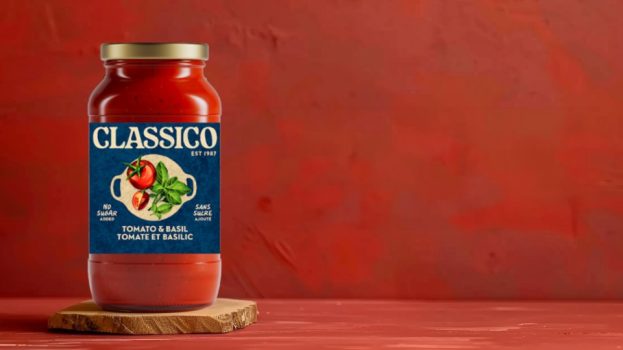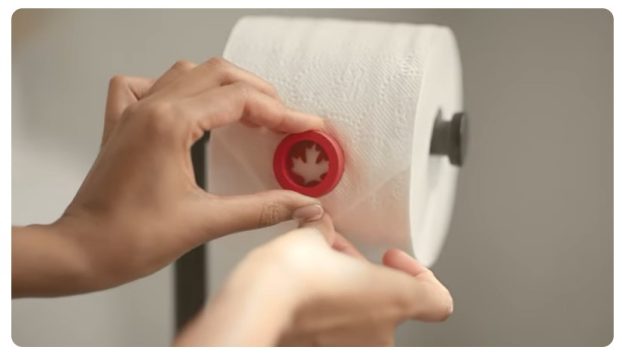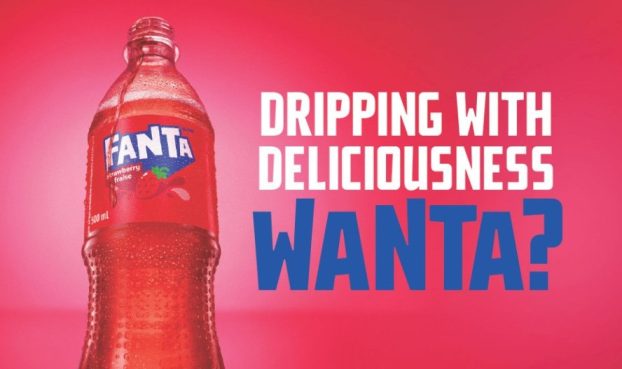Every neighbourhood has a Squirtle. Named after the water Pokémon, these folks are always drenching their greenery – even after rain – then hosing down their lanes and porches.
According to the third annual Canadian Water Attitudes Study, brought to life by RBC and Unilever, Squirtles are not rare. The study finds that we are more concerned about water than any other natural resource, but we’re doing less about it: 78% believe “they try reasonably hard to conserve water,” yet many run the tap while they do dishes, and 19% of us are driveway hosers.
Our perception of our eco-actions doesn’t mesh with reality. Hmm, perception versus reality. Traditionally, fertile ground for marketers.
RBC is doing its part via its Blue Water Project – a 10-year, $50-million investment supporting organizations that protect watersheds. Unilever is also involved in Canadian sustainability programs such as Ecovoyageurs, a school-based mission to reduce “environmental footprints,” and “Go Blue,” a national effort to teach consumers how to conserve water.
When it comes to sustainability issues, like protecting natural resources, should this be government’s role? Maybe, but let’s face it, who has the better powers of persuasion? And who is best positioned to make things easier for the consumer?
The Biz feature this issue examines the gap, sometimes vast, between brands’ CSR activities and consumer awareness of their achievements. While a slow and thoughtful approach to CSR makes sense, being bashful doesn’t help. Consumers need to hear more about your sustainability steps, to help them make better purchase decisions. Witness the success of Levi’s eco-tags.
If you put aside the heightened cynicism, scrutiny and the double-edged sword of social media, it’s not a new role for brands. When discussing Unilever’s plans to step up CSR communication efforts, John Coyne, VP legal and corporate affairs, mentioned that sustainability fed the very roots of Unilever, attributing the DNA-level cause-marketing focus to its founder Lord Leverhulme.
The original product in the vast portfolio was Sunlight soap, developed to promote hygiene in Victorian England. In 1926, Lever Brothers launched a “Clean Hands” campaign as part of its child health policy, encouraging pre-mealtime washing by teaching kids about germs.
Brands have always played a practical role in moving things forward. And this is where the efforts of retailers like Walmart are invaluable. Karin Campbell of Walmart told strategy that the retailer is “looking at its business every day through the sustainability lens,” and since Walmart serves over one million customers a day, “we have an opportunity to make a real change by changing their behaviour.”
Every little step helps. Like the world’s first fully compostable chip bag from Frito-Lay rotting away on our cover, the overall winner of strategy’s Cause + Action awards. Congratulations to all the winners, and to all the companies singled out in these pages for doing good.
As Fairmont’s VP marketing Brian Richardson says, “We do it because it’s the right thing to do, not because we want to exploit it from a commercial perspective.” Their sustainability practices are increasingly becoming a purchase influencer, and rightly so. The folks at Bullfrog Power are betting we’ll pay a little more if they make it easier for us. So for all those companies wrestling with when and how loud to trumpet CSR efforts, don’t wait. The handwashing program is coming along nicely now, but it’s still ongoing, so get started.
Cheers, mm
Mary Maddever, exec editor, strategy, Media in Canada and stimulant
PS: Our intrepid associate editor Carey Toane is leaving strategy and Toronto behind for new adventures. We’ll miss her voice in these pages, as well as her contributions to Media In Canada and stimulant, and we wish her all the best. Joining us is new AE Melinda Mattos. Melinda was an editor with Eye Weekly, and previously co-editor and co-founder of Shameless, a magazine for young women. Please join us in welcoming her aboard.























